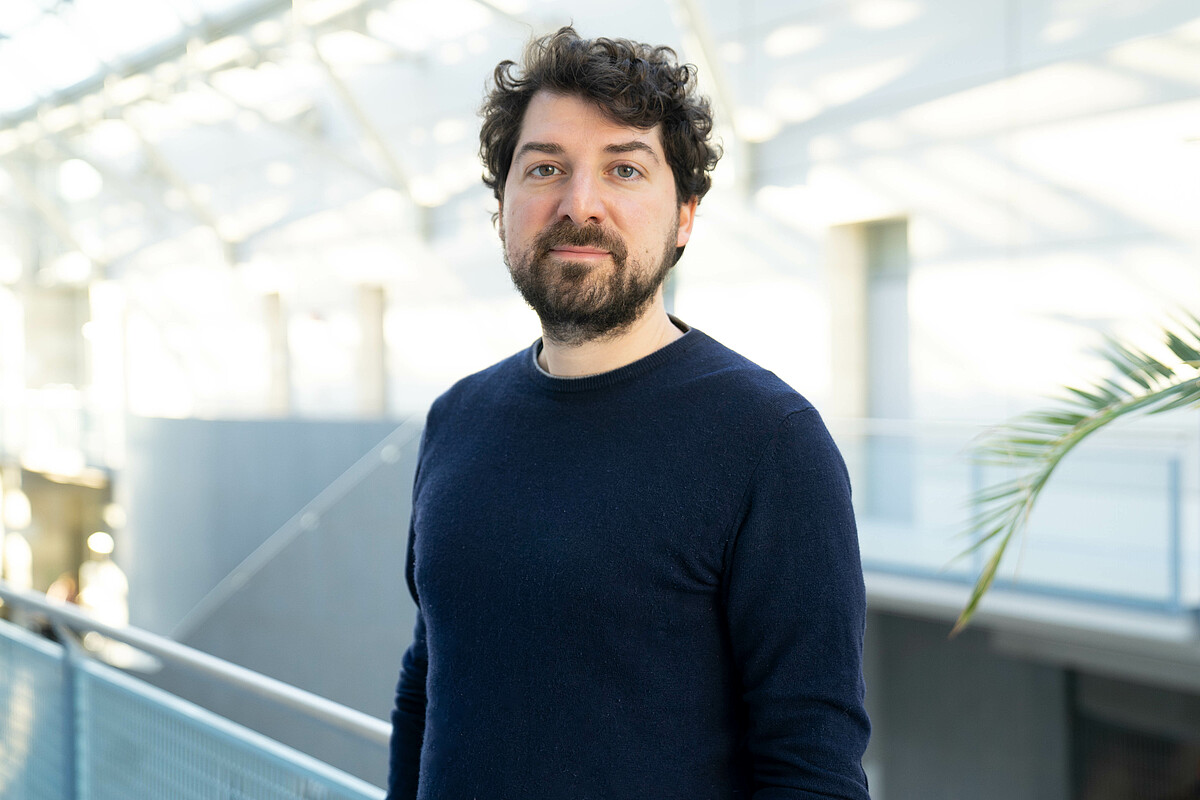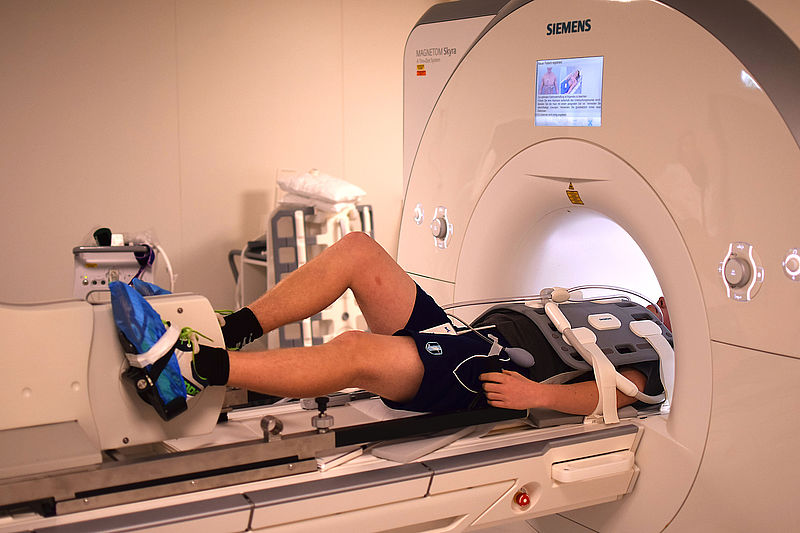Heart failure affects millions of people worldwide and a drug is still being sought that can really help patients in the long term - over many years. A new study by DHZC cardiologist PD Dr Alessio Alogna has provided the first data on peptide transport from the lungs to the heart using nano-in-micro technology (LungToHeartNiM technology). The study was recently published in the Journal of the American College of Cardiology (JACC), a renowned medical journal.
Normally, calcium flows into the heart muscle cells via specific L-type calcium channels, which are transported from the cytoplasm to the cell membrane of the heart muscle cells, and ensures that the heart beats sufficiently. However, this transport is impaired in people with heart failure. The researchers led by Alessio Alogna wanted to understand this in more detail: In their study, they investigated the tolerability and efficacy of an inhalable drug designed to influence the disrupted transport of the L-type calcium channel in the heart muscle cells.
Using an established pig model that closely mimics human heart failure with reduced ejection fraction, the team was able to gather and scientifically substantiate some important findings: The LungToHeartNiM technology used for daily inhalation of the therapeutic peptide is effective. The study also shows improved contractility of the left ventricle and good tolerability of the therapy.
The whole thing is to be tested clinically in the future. In the long term, patients with severe heart failure could live longer with their disease by inhaling the drug spray - if successful, this could also reduce the demand for donor hearts, as the medication combats an important cause of the disease and allows the heart to recover.
"The general tolerability and the positive effects could fundamentally change the treatment of patients with heart failure," said Alessio Alogna. "We have demonstrated an innovative and non-invasive approach to deliver a therapeutic peptide directly to the myocardial cells of the diseased heart. Our approach not only simplifies the treatment process, but also significantly reduces discomfort and potential side effects for patients."
The study was supported by the European Union through the HORIZON 2020 consortium Cupido, led by Dr Daniele Catalucci from the Humanitas University Hospital - National Research Council (CNR) in Milan. Several centres and companies were involved in the study.
The publication "Lung-to-Heart Nano-in-Micro Peptide Promotes Cardiac Recovery in a Pig Model of Chronic Heart Failure" (Alogna et al., 2024, Journal of the American College of Cardiology) was selected as Paper of the Month February 2024.
Source: press release DHZC (in German only)



